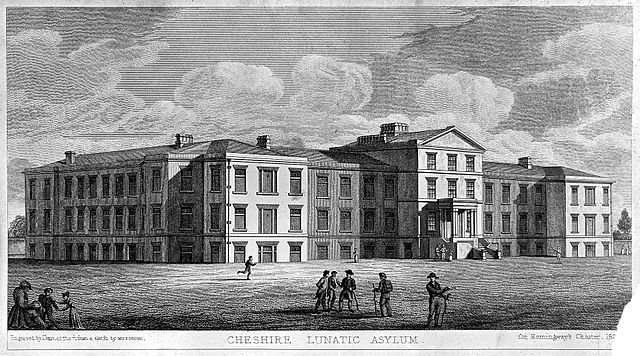Aggregated News

Who founded genetics? The line-up usually numbers four. William Bateson and Wilhelm Johannsen coined the terms genetics and gene, respectively, at the turn of the twentieth century. In 1910, Thomas Hunt Morgan began showing genetics at work in fruit flies (see E. Callaway Nature 516, 169; 2014). The runaway favourite is generally Gregor Mendel, who, in the mid-nineteenth century, crossbred pea plants to discover the basic rules of heredity.
Bosh, says historian Theodore Porter. These works are not the fount of genetics, but a rill distracting us from a much darker source: the statistical study of heredity in asylums for people with mental illnesses in late-eighteenth- and early-nineteenth-century Britain, wider Europe and the United States. There, “amid the moans, stench, and unruly despair of mostly hidden places where data were recorded, combined, and grouped into tables and graphs”, the first systematic theory of mental illness as hereditary emerged.
For more than 200 years, Porter argues in Genetics in the Madhouse, we have failed to recognize this wellspring of genetics — and thus to fully understand this...



